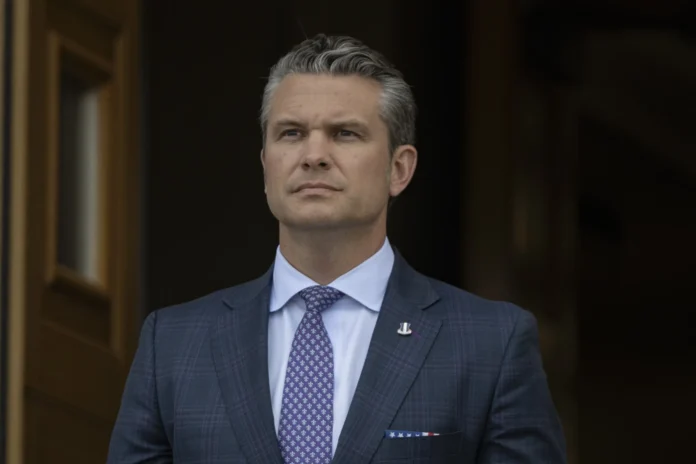The Pentagon has abruptly pulled its top officials from this week’s Aspen Security Forum. The decision came after sharp criticism of the event’s ideology. Defense Secretary Pete Hegseth ordered the move, calling the forum a promoter of the “evil of globalism.”
Military commanders had been scheduled to appear on Tuesday, continuing a tradition upheld by both parties. However, the secretary’s office intervened just before the forum’s launch.
Pentagon spokesperson Kingsley Wilson explained the decision on Monday. He said the department believes the forum encourages “disdain for our great country” and “hatred for the President of the United States.” Wilson also noted that the event includes individuals who “caused chaos abroad and failure at home.”
This year’s lineup includes several high-profile Trump-era officials. Among them are Adam Boehler, known for his work in hostage negotiations, and Tom Barrack, former ambassador to Turkey and Syria.
However, The speaker list includes several controversial Biden-era figures. Jake Sullivan, former national security advisor, will deliver remarks. Brett McGurk, a seasoned diplomat, will also take the stage. Trump’s former defense secretary, Mark Esper, plans to attend. David Petraeus, who briefly led the CIA under Obama, will speak as well. Condoleezza Rice, Bush-era secretary of state, will join the lineup too.
Pentagon spokesman Sean Parnell issued a direct statement about the decision. He said, “Senior Department of Defense officials will no longer be participating… because their values do not align with the values of the DoD.”
Meanwhile, the Aspen Institute expressed disappointment in the Pentagon’s choice. “For more than a decade, the Aspen Security Forum has welcomed bipartisan voices,” the group stated. They emphasized the forum’s tradition of inviting civilian and military leaders, both domestic and foreign. “We will miss the participation of the Pentagon, but our invitations remain open,” the institute added.
The “evil of globalism” has become a rallying phrase in this controversy. It has surfaced in public comments and official statements. Critics argue the phrase reflects growing nationalism within defense leadership.
As tensions rise, the absence of Pentagon leaders marks a major shift. National security discussions at Aspen will proceed without input from current top military brass.
For more political updates, visit DC brief.


